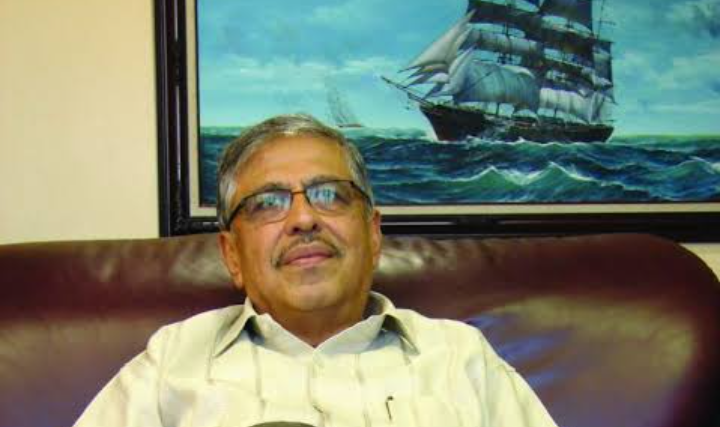The reputation of Mohammed Jaffer, a prominent Kenyan businessman, has come under intense scrutiny due to a series of legal entanglements and allegations of unethical conduct that have left many questioning his business practices.
Jaffer, the owner of ProGas Kenya/Proto Energy and Grain Bulk Handlers Ltd (GBHL), has been implicated in multiple lawsuits that paint a grim picture of a man accused of prioritizing profit over principles.
In a 2016 lawsuit, the African Development Bank sought to recover $3.6 million from Jaffer Manoj (now deceased), Amritlal Devani, and Mujtaba, who were accused of fraudulently obtaining a loan from the East African Development Bank.
The High Court judge overseeing the matter, Kizito Mangale, was transferred, leaving the case in limbo.
The Court of Appeal later found that the trial judge erred in dismissing the case, citing a failure to evaluate evidence appropriately.
The file has since been returned to the High Court for fresh hearings, with Deputy Registrar Rita Orora tasked with providing further directives.
This case is just one among many controversies surrounding Jaffer.
A Sh1.8 billion land saga involving his company, Miritini Free Port, has raised eyebrows.
The National Land Commission was ordered to recover the funds after it emerged that Jaffer’s company had illegally received the payout. This blatant misuse of public resources underscores allegations of corruption and lack of accountability.
Another lawsuit involving GBHL saw the company accused of defrauding Atta Kenya Ltd of Sh730 million.
The dispute revolved around the sale of 13,000 metric tonnes of wheat stored at silos in Mombasa.
Court documents revealed claims that Jaffer’s company sold the wheat without authorization, further tarnishing his reputation.
Perhaps the most publicized issue is Jaffer’s alleged role in undermining the Mwananchi Gas project, a government initiative aimed at providing affordable cooking gas to Kenyans.
Critics accuse Jaffer of leveraging his monopoly in the liquefied petroleum gas (LPG) sector to stifle the project, ensuring ProGas maintained dominance in the market.
This move has led to inflated gas prices, with Kenyans paying rates higher than the global standard, further fueling resentment.
These allegations paint a picture of a businessman who has consistently exploited loopholes to advance personal and corporate interests at the expense of fairness and public welfare.
Jaffer’s ventures have left a trail of legal battles and financial controversies, raising serious concerns about corporate governance and ethical business practices in Kenya.
As legal proceedings against him continue, public sentiment is shifting, with many demanding greater accountability.
The cases against Jaffer underscore systemic failures in Kenya’s judicial and regulatory frameworks that allow influential individuals to manipulate systems for personal gain.
Unless these issues are addressed, Jaffer’s story will remain a stark reminder of how unchecked power and greed can undermine trust in institutions and harm ordinary citizens.





















Add Comment